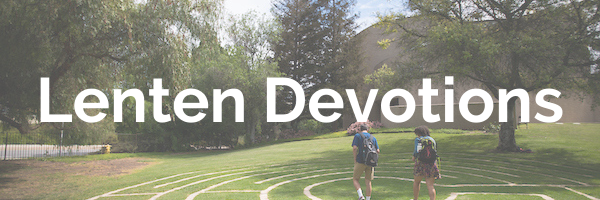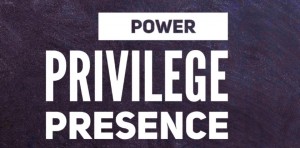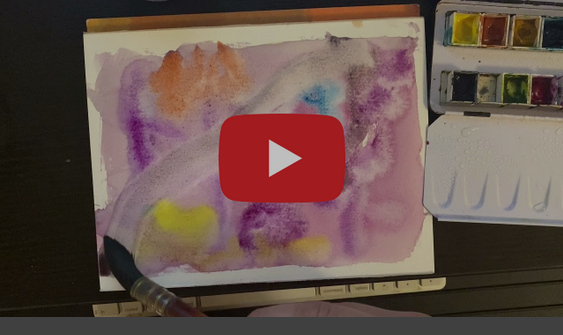
In the discussion of power, privilege and place I am reminded that God is at work and play in the world bringing life out of death and senseless actions, and God uses us to bring change. We are called to work for peace and justice. The work in which we participate may be incomplete, but we trust God will bring it to completion.
A student at Luther Seminary, taking a cross cultural class in Mexico City, I was introduced to Archbishop Oscar Romero who was assassinated, forty-one years ago, March 24, 1980. Our group watched the movie Romero (you can watch it here). The movie of his life impacted my view of the world and church.
Romero was appointed Archbishop of San Salvador in 1977. He was considered a “safe” moderate choice by the Roman Catholic church. The Church was also caught up in the Cold War and wrestling with more or less radical liberation theologians and clergy who operated with a “preferential option for the poor” on one hand, and more conservative clergy who sought to support even oppressive governments for the sake of stability and not becoming Communist on the other. Romero was initially not trusted by the radicals, and the conservatives thought he would keep in step with the status quo.
Not long after he was appointed Archbishop, his Jesuit friend was murdered along with an elderly man and a 16 year old boy. Romero urged the government to investigate the crime, but they did nothing.
The Sunday following the murder, Romero canceled all of the masses in the archdiocese, and celebrated one single mass in the cathedral. Over 150 clergy and 100,000 people are estimated to have attended and heard Romero call for an end to the violence.
For the next three years, Romero was increasingly viewed as the “voice of the voiceless poor.” He broadcast his weekly sermons on the church’s radio station, and used that medium to list all of the disappearances, tortures, and murders that had taken place. These sermons became immensely popular in the countryside, and troubled those in power.
Romero’s sermons named the reality of violence in El Salvador and offered hope to the listeners. This preaching put his life at risk.
On March 24, 1980, Romero was celebrating a memorial mass at a small hospital chapel. The day before in his sermon he begged the enlisted men of the Salvadoran Army, to stop the killing. Some heard it as an invitation to mutiny. Near the end of his sermon a single shot rang out, and Archbishop Romero fell dead beside the altar. No one has ever been arrested for the crime. Most agree it was carried out by one of the government death squads.
He served almost three years as Archbishop and yet his work inspired many to action and offered hope for a better world. One that valued all people and voices.
Many of us wonder what we can do in our world. Romero spoke to “participation in a common life, the right and duty of all persons to participate in the construction of the common good” and that remains timely today because that idea that we can even agree on the common good seems pretty threadbare right now.
But Romero’s life, and other saints, remind us that we all have a role to play, and that we must play it fully and faithfully regardless of whether we can see the fruit of our labors or not.
There is a prayer attributed to Archbishop Romero, and interestingly no one ever heard him speak it. Regardless of its source, it encourages us to faithfully work for peace and justice and take the long view.
It helps now and then to step back and take a long view.
The Kingdom is not only beyond our efforts, it is beyond our vision.
We accomplish in our lifetime only a fraction
of the magnificent enterprise that is God’s work.
Nothing we do is complete, which is another way of
saying that the kingdom always lies beyond us.
No statement says all that could be said.
No prayer fully expresses our faith. No confession
brings perfection, no pastoral visit brings wholeness.
No program accomplishes the Church’s mission.
No set of goals and objectives include everything.
This is what we are about. We plant the seeds that one
day will grow. We water the seeds already planted
knowing that they hold future promise.
We lay foundations that will need further development.
We provide yeast that produces effects
far beyond our capabilities.
We cannot do everything, and there is a sense of
liberation in realizing this.
This enables us to do something, and to do it very well.
It may be incomplete, but it is a beginning,
a step along the way, an opportunity for the Lord’s
grace to enter and do the rest.
We may never see the end results, but that is the
difference between the master builder and the worker.
We are workers, not master builders, ministers, not
messiahs. We are prophets of a future not our own. Amen.
- Bishop Deborah Hutterer
Regent and Convocator




